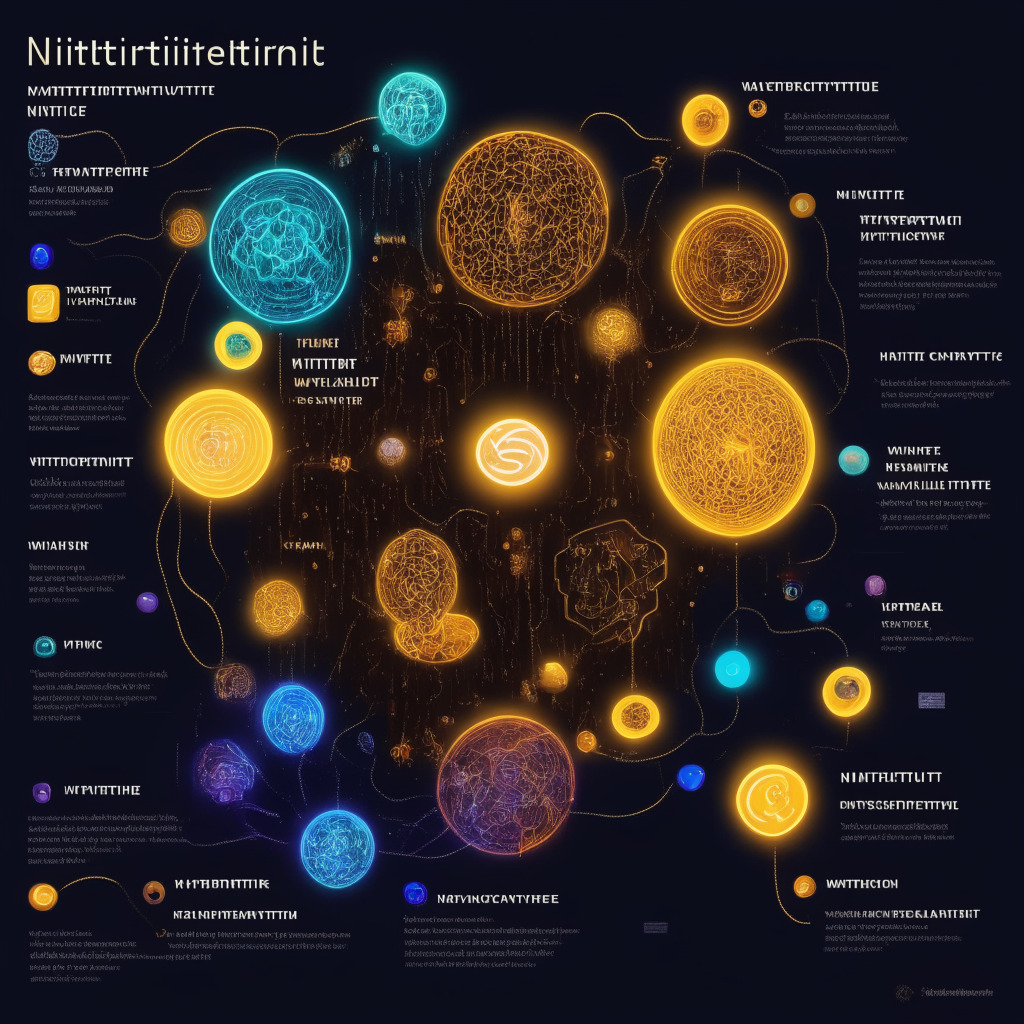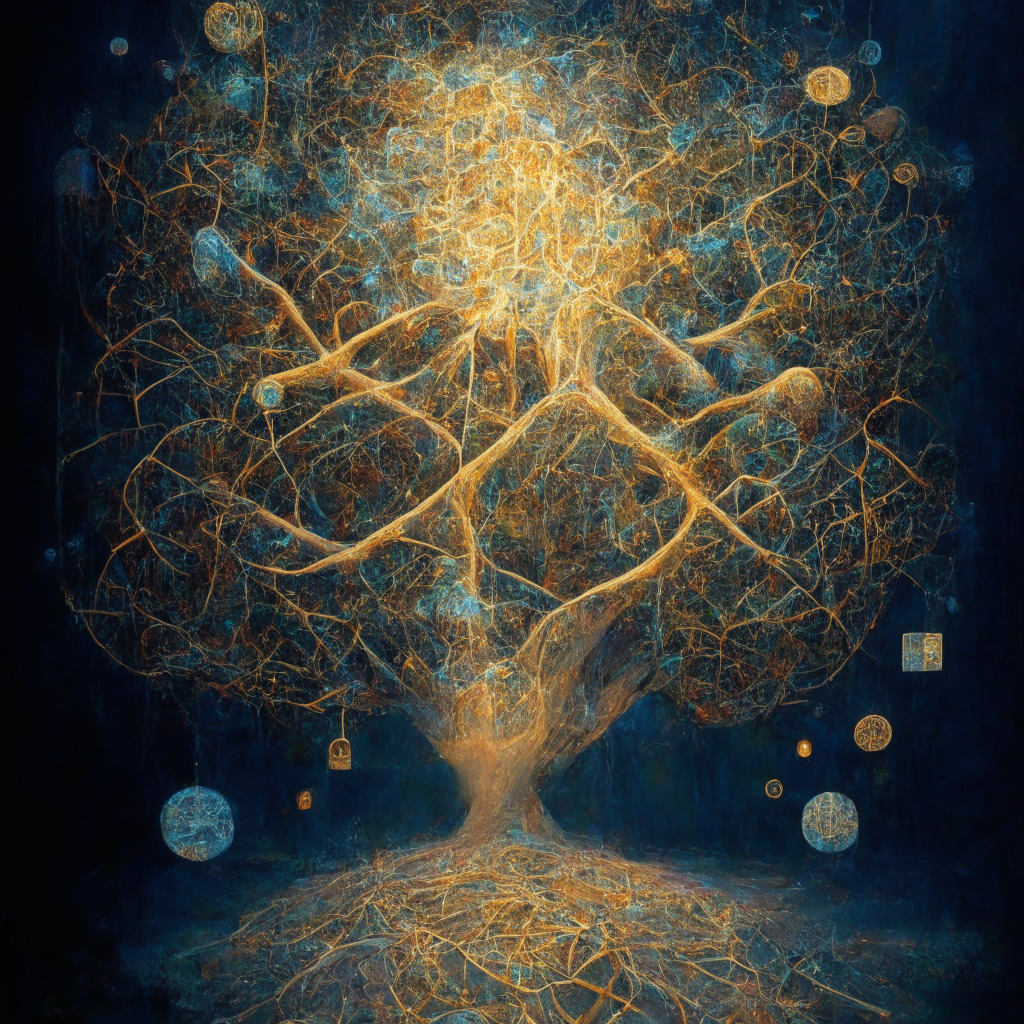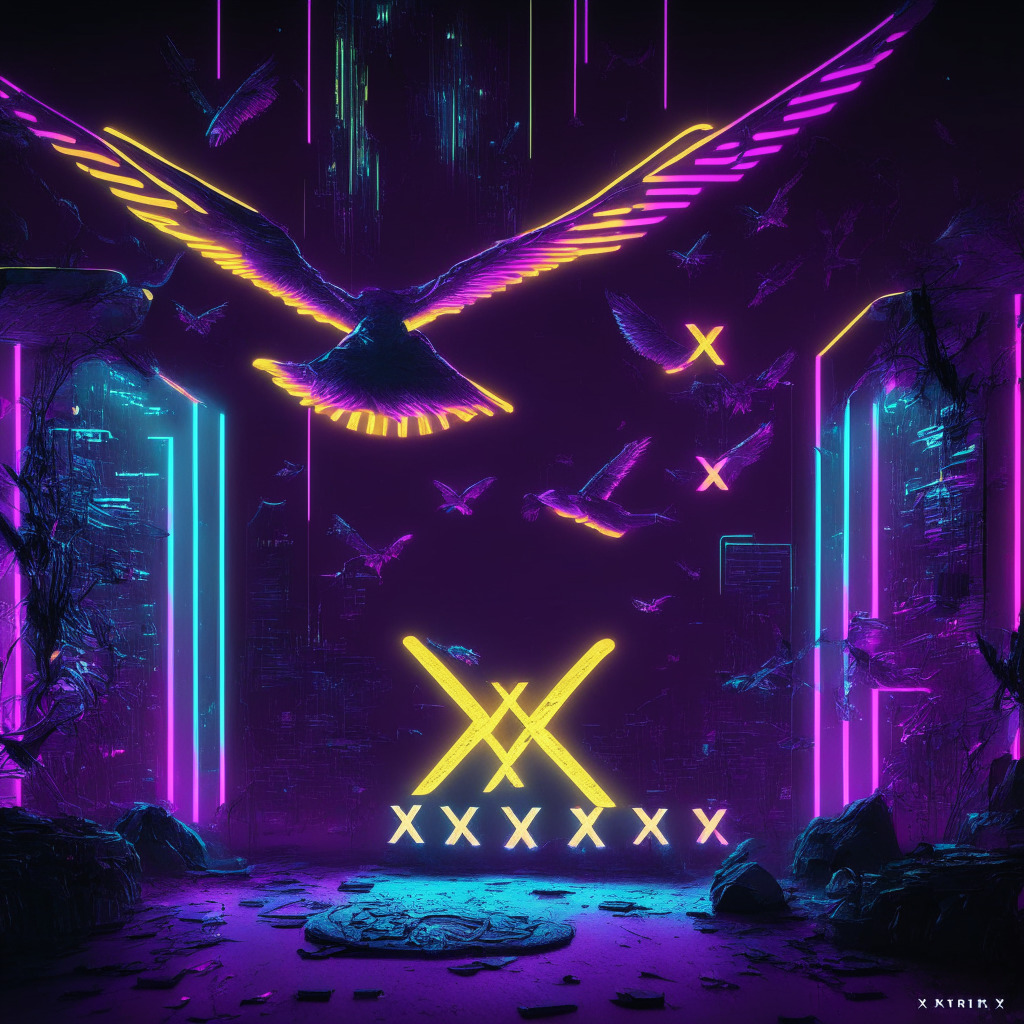The announcement from Binance NFT marketplace about its upcoming support for Bitcoin Ordinals is sure to excite collectors and traders alike. With no specific launch date mentioned, the expansion is a strategic move to provide more opportunities and appeal to a wider range of customers.
Currently, Binance NFT supports NFTs on BNB Chain, Ethereum, and Polygon. By adding Bitcoin NFTs to its offerings, the exchange is not only broadening its appeal but also simplifying the process for NFT collectors. Previously, purchasing Ordinals on the Bitcoin network required a taproot-compatible wallet, but with this move, customers can buy Bitcoin NFTs directly from their Binance accounts.
In addition to streamlining purchases, Binance’s support for Bitcoin Ordinals also offers creators more income opportunities through its royalty support program. As their NFTs are traded on the marketplace, creators can benefit from the generated royalties. Moreover, the security and stability provided by Binance makes it an attractive platform for collectors.
Collaboration is pivotal for Binance in strengthening the Bitcoin Ordinals community. The exchange has made an open call to NFT projects, inviting interested creators to fill out a form and join forces. Benefits for collaborators include access to Binance’s NFT Discord channel for ecosystem updates and the chance to receive NFT airdrops for upcoming Bitcoin NFT projects.
For those unfamiliar with Bitcoin Ordinals, they are digital artifacts inscribed on the Bitcoin blockchain, with the protocol launched by Casey Rodarmor in January 2023. Creators can attach data, such as videos, texts, images, or other content, to individual satoshis (the smallest Bitcoin denominations). Consequently, each satoshi on the Ordinals protocol has its own unique identity, making them immutable digital collectibles on the network that can be easily tracked, transferred, and assigned value.
Zooming out, Binance NFT marketplace serves as a hub for innovators, artists, and creators to mint, trade, and stake non-fungible tokens. Comprising three main functions, the marketplace enables enthusiasts worldwide to mint, bid, buy, and sell NFTs. The Initial NFT Offerings (INO) allows collectors to access exclusive offerings from influential brands, musicians, celebrities, artists, and athletes. Lastly, the NFT-Fi feature lets users stake their NFTs or use them as collateral for loans, although this function has yet to launch on the platform.
In conclusion, the upcoming support for Bitcoin Ordinals on Binance NFT marketplace offers exciting prospects, both for creators and collectors. By fostering collaboration, providing more NFT options, and simplifying processes, Binance is setting the stage for continued growth and an enhanced ecosystem. However, some concerns may arise regarding platform dependence and centralization that could potentially hinder the original decentralized vision for NFTs.
Source: Cryptonews




